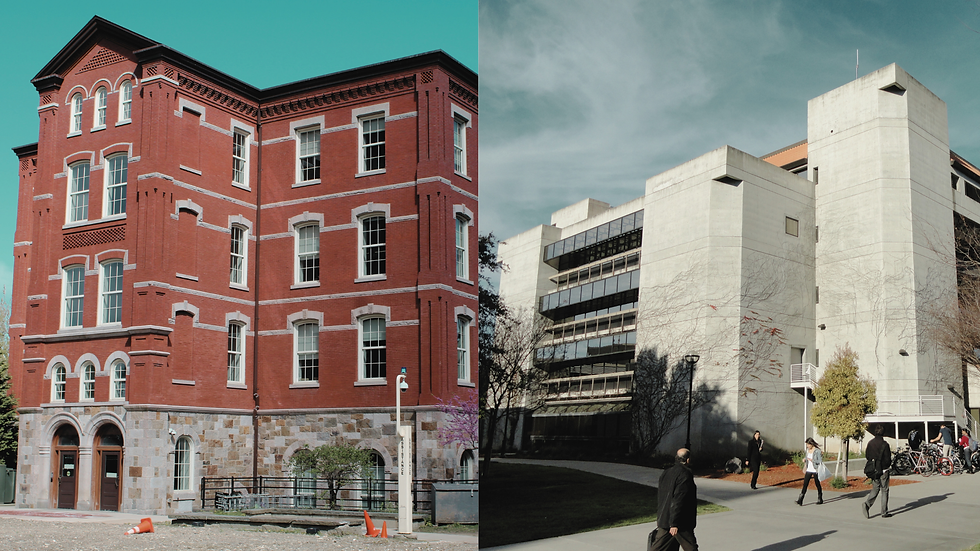Turkey Jails Academics on Hunger Strike Over Losing Their Jobs in Post-Coup Purge
- Dolunay Bulut

- May 31, 2017
- 2 min read
Updated: Apr 29, 2019
Two Turkish academics are facing months or even years in prison after being arrested for launching a hunger strike in protest of being fired from their jobs during the widespread purge that followed the 2016 failed coup attempt.

Nuriye Gulmen and Semih Ozakca have not eaten in 80 days and their hunger strike has become a rallying point for opponents of the increasingly authoritarian government of President Erdogan.
The pair was arrested this week, and a court has ordered that they be held in custody until they face charges of “membership of a terror organization.” The Ankara prosecutor said that Gulmen and Ozakca’s protest was an act committed in the name of DHKP-C, a leftist group Turkey deems a terrorist organization.
Nuriye Gulmen, a university lecturer, and Semih Ozacka, a primary school teacher, have been surviving on lemon, saltwater, and sugar solutions since they began their hunger strike in March. They vow to continue striking in prison.
"We will continue our fight until we are victorious," said Mr Ozakca.
The pair are among around 150,000 people fired from public sector jobs in the wake of the coup. Since, they have appeared regularly at protests against the state of emergency laws that have recently come into force.
When publicity of the academic's hunger strike grew, Turkish prosecutors accused the pair of being members of a terrorist organization, an accusation that has commonly leveled in Turkey since the coup attempt.
During a preliminary hearing on Tuesday night, prosecutors asked the pair if they had been paid to carry out the hunger strike and accused them of trying to fuel unrest like the Gezi Park protests that began in 2013.
Endangered Scholars Worldwide condemns these accusations and is deeply concerned about the health of Gülmen and Özakça. Given the most recent developments, ESW is obliged to call attention to the urgency of the situation and to express our solidarity with the thousands of Turkish academics who have lost their jobs as a result of their peaceful activities and the exercise of their freedom of speech.



